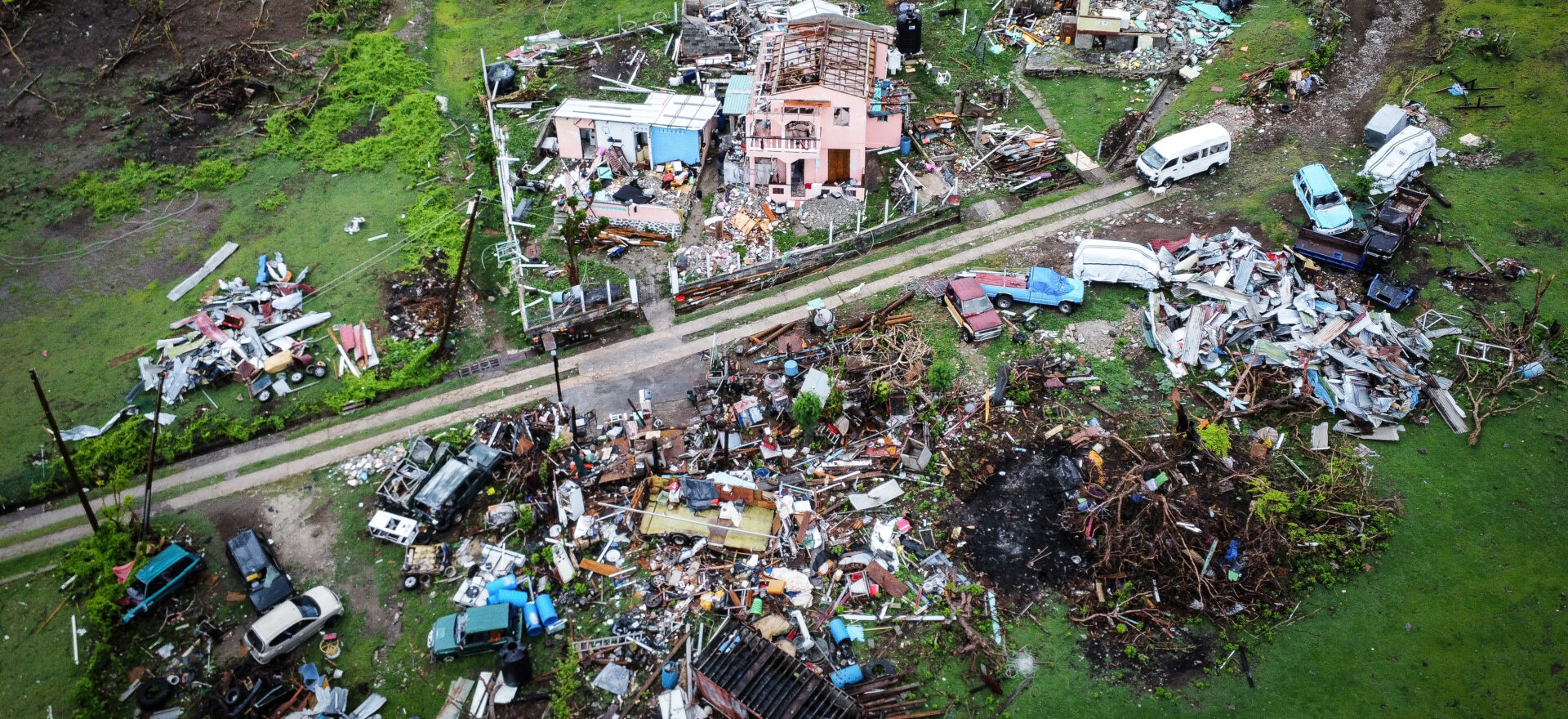The aftermath of Hurricane Beryl has left Union Island in Saint Vincent and the Grenadines in a state of utter devastation. Aerial imagery reveals widespread destruction, with two-thirds of the island’s buildings reduced to rubble and countless residents rendered homeless. Critical infrastructure, including power, water, and transportation systems, lies in ruins, severely disrupting daily life. The tourism sector, a cornerstone of the local economy, has suffered catastrophic losses, triggering a cascade of unemployment, poverty, and escalating food insecurity. The International Organization for Migration (IOM) has captured the dire situation in a poignant photograph by Gema Cortés, underscoring the urgent need for action. In light of the escalating frequency and intensity of climate-driven disasters, the IOM is advocating for a paradigm shift in global financing priorities. This year’s International Day for Disaster Risk Reduction (IDDRR) carries the theme ‘Fund Resilience, Not Disasters,’ emphasizing the need to redirect resources from costly disaster response to proactive prevention and preparedness. IOM Director General Amy Pope has issued a clarion call, stating, ‘Every dollar invested in resilience saves many more in avoided losses and protects the dignity of those most at risk.’ She urges governments, donors, and the private sector to prioritize investments that mitigate disaster risks and bolster the resilience of vulnerable communities. In 2024 alone, nearly 46 million people were displaced by disasters, marking a record high. Despite this alarming trend, disaster risk reduction efforts remain woefully underfunded, with most governments allocating less than 1% of their budgets to prevention. As the 30th UN Climate Change Conference (COP30) approaches, the IOM is poised to champion the integration of disaster and climate risk reduction into climate finance negotiations. Leveraging innovative tools like the Risk Index for Climate Displacement and the Climate Catalytic Fund, the organization aims to harness predictive analytics and community-driven finance to preempt displacement and safeguard developmental progress.
COMMENTARY: IOM chief highlights record disaster displacement and calls for resilience funding
